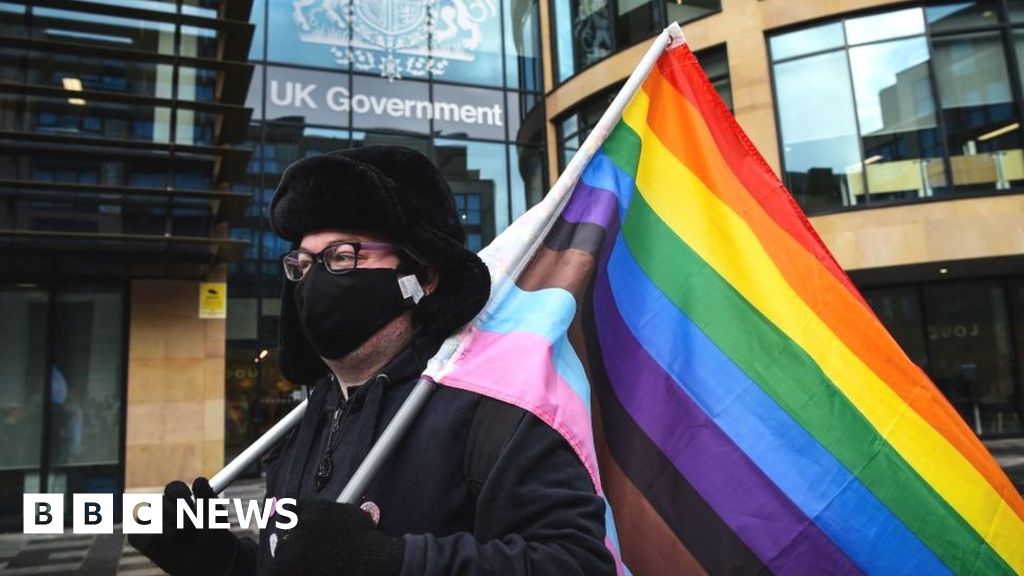UK Government’s Block on Scotland’s Gender Self-ID Reforms Ruled Lawful by Judges
In a landmark ruling, judges have determined that the UK government was within its rights to block Scotland’s gender self-identification reforms. The legislation, which aimed to simplify the process for individuals to change their legally-recognized sex, was passed by the Scottish Parliament last year but was met with resistance from the UK government over concerns about its impact on equality laws across Great Britain.
The Court of Session in Edinburgh rejected a legal challenge from the Scottish government, paving the way for a potential appeal to the Supreme Court in London. The legislation, which received cross-party support in Holyrood, sought to remove barriers for trans individuals seeking to obtain a gender recognition certificate.
Campaigners against the reforms raised concerns about the safety of women and girls in same-sex spaces, while supporters argued that the changes would make the process less traumatic for trans people. The decision to block the bill was made by Scottish Secretary Alister Jack, who cited potential conflicts with existing equality protections.
The ruling has sparked a divisive response, with First Minister Humza Yousaf describing it as a “dark day for devolution” and calling for greater sovereignty for Scotland. LGBTQ+ charity Stonewall expressed disappointment over the uncertainty facing trans individuals in Scotland, while Labour’s shadow Scottish secretary emphasized the importance of respecting the court’s decision.
As the Scottish government weighs its options for appeal, the complex and unprecedented nature of the case leaves room for further legal challenges. The outcome has implications not only for the future of gender recognition in Scotland but also for the broader relationship between devolved and UK governments.
